Home-schooled Mary Benoit interviews Alan Scholl on home schooling – its long history in pioneer America, his own family’s reasons for home schooling their children, and why this form of schooling has been experiencing huge growth over the past two decades.
Help support ad free content with a one time donation or becoming a member today.
Thank you to our sponsors
https://connollyandsonsconcrete.com/
https://www.dentistry4health.org
http://www.highercallingfirearms.com
http://www.americanappliancehvac.com
https://insurewithcompass.com/sbarlow.html
TRANSCRIPT
Mary: Today’s presentation is an interview with Alan Scholl talking about the history of homeschooling in America. Please enjoy and please share. This is Mary Banoit. Our guest for today’s podcast is Mr. Alan Scholl.
Thank you for being with us today, Mr. Scholl.
Alan: Thank you for inviting me.
Mary: Mr. Scholl will be participating in several podcasts to discuss the many different aspects of the educational system. The emphasis for today is homeschooling. But before we delve into
homeschooling, Mr. Scholl, would you give us a brief history a public education and how it has degenerated to its current state?
Alan: Well, American education really started out mostly as homeschooling. Some of it was remoteness, but a good deal of it was the understanding and culture of that day that the responsibility for education, and particularly from the biblical perspective, was the responsibility of parents, not of government. Even the local community, unlike Hillary Clinton’s village concept, really didn’t participate in education beyond some cooperative efforts. So public education really began as sort of a cooperative, neighborhood, town schools run by various combinations of parents and local officials.
And the basis, or the bedrock for it, was the basic belief in Christian fundamental belief in practice, and that standard of living was really the core around which most of the curriculum was built. The public school system, as we know it, has really been impacted, and actually I think invented, by people who were more statist in their viewpoints, and their goals, or what they wanted to achieve through it, was a conversion to government as parent as well as educator in America.
Along with that unfortunately came the destruction of parental rights and again faith and the culture itself. Traditional cure for problems with education came from other authorities from the Bible, from historical examples. The hierarchy that was taught and the way that things were taught, the framework that it was put in was that God was premier, man was under God, and government, if even in the picture, was sort of a distant third.
But this is borne out by many of the textbooks. This is not my opinion or some view of history. If you look at Webster’s Dictionary, for example, or Webster’s History of the United States, You see the same philosophies underpinning and intertwined with all of the learning. The blue -backed speller, for example, was one of the most popular school books used in early schools, and these were even the “public schools” or “community schools.” That blue -backed speller sold over a million copies a year for over a hundred years. And right up in the front of that book was a moral catechism, a rule for moral conduct that is that God’s Word contained in the Bible has furnished all necessary rules to direct our conduct. This is perfectly in keeping with John Adams’ concept of our government, or our constitution, being made for immoral and religious people.
Mary: Today, of course, we have the Bible, prayer, 10 commandments, all these things are banned by government, and the system has degenerated further and further and faster and faster as time passed, both in performance and effect, but it’s also resulted in moral decay and a departure from
our heritage and culture. If one is a parent and feels that public education just isn’t right for their child, what options does the parent have?
Alan: Well, there are several options. Certainly private schools, parochial schools, Christian schools, and homeschooling. Each alternative has its own unique pluses and minuses. Private schools, parochial schools, in schools generally cost a fair amount of money and of course we don’t all realize it but we’re paying a huge amount of money to have our kids go to the public school through taxation. If you calculate that out you’ll find in various states it runs anywhere from on the cheap side three to four thousand dollars a year in many states like Wisconsin it’s nine to twelve or
fourteen thousand dollars a year per student. My wife and I have talked about the fact that we could probably teach European history in Europe for what it costs to teach the average public school student for a year.
Mary: Homeschooling also has a drawback economically in that you’re just about forced down to one income in today’s economy with inflation, and we won’t go into the economic reasons for that, but one income is difficult to carry a standard of living on. However, the sacrifice that you make there, I think, is well worth it in terms of the returns from homeschooling. What’s the estimated number of home school students in America today?
Alan: Well, I’m going to go back a little bit. When my family began homeschooling some 20 years ago, it was considered quite odd. Homeschooling was looked at as a very strange thing and why would one want to do that. Many people had already been sort of dumbed down to believe that public schools were what had always been. That’s very strange actually because home education, as I explained earlier, was by far the norm for nearly 200 years in this country. There were very few public schools back in those early days, but homeschooling was really a reaction to the impact of the
effects of those public schools and the degeneration of the public schools. Twenty years ago when we started, there were very few home scholars. But it’s mushroomed and it continues to increase at something around a 29 % per year increase.
And this year, excuse me, 29 % over the last four years. And this year, this last year, I’m sorry, 2005, the percentage nationwide of the national student body was around 2 .2 % of American students were being schooled at home.
Mary: What do you give some examples of home schoolers and how their education has helped them excel in their studies and in their life?
Alan: That’s easy to do. You really only need to look at SAT scores for home schoolers compared to almost any other system. And the Average percentile, for example, is in the 74th percentile on the National Standard Test, which is the ACT, SAT, and others. This is opposed to approximately a 50 % level in results from the public school system. But above and beyond that, there are some tremendous examples of homeschool students who excel in many arenas. For example, the National Geography Bee, three of the top five finishers in that National Geography Bee were home school products and you consider that 2 .2%. That’s an amazing accomplishment in the national spelling bees and many other arenas. You see home schoolers who are far and away superior to the students that are being produced by the public schools or even a lot of the private schools.
I’ll point out one glaring example. Liberal opponents of homeschooling often talk about the underprivileged and disadvantaged in the public schools being the reason for lower scores. But April 5th, 2001, a headline in the Southern California papers read “Homeless Teen Scores 800 and 800 on the verbal and mass sections of the SAT test. These were, in fact, if you’re not familiar with the test, perfect scores. And what the qualified, certified, government -sealed and approved teachers in the school have not been able to accomplish in history, his mother, a homeless, or at least was
homeless, parent, accomplished through homeschooling. This young man was not only homeless and very, very poor, but he was home schooled. Perfect scores. That’s an amazing feat.
Mary: That is amazing. Now, I, being home schooled myself, was often asked if homeschooling is even legal and if my parents had to get special permission from the state to teach their children at home. What kind of laws are out there that either help or hinder the homeschooling families across America?
Alan: Well, it’s improved quite a bit in terms of the homeschooling environment today. It is legal to home school in some way or shape or form. There are loopholes of some sort in all of the 50 states. 20 years ago, that was not true. Most of the states, I think 41 of the states had some sort of law against schooling at home. Groups like the Home school Legal Defense Association and others have fought very, very valiantly and done a wonderful job of reversing that, and it is legal in all 50 states.
However, there are an array of laws in this area, mostly having to do with truancy or federal compliance with attendance, state laws on attendance and performance levels, and now there are federal laws encroaching regarding curriculum, funding, attendance.
The danger here is that homeschooling parents in private schools often flee the government school systems because of the problems there and the lack of results, and the lack of freedom only to run afoul of these requirements when they teach or practice the same things at home or fail to in their private schools or home schools.
This flies in the face of freedom of education and freedom in general.
Mary: So the state
certainly doesn’t make it easy for parents to home school. Why is that?
Alan: Well, as in all circumstances, where government becomes too large, too powerful, and begins usurping rights and getting their nose into areas where they really weren’t intended
to be, particularly in this country, under the Constitution. Government and power -mongers of any kind don’t like competition for their power. Good comparison is to look at schools in the terms of the philosophy they may or will likely teach. We all expect a Christian school is going to teach Christian principles, so we’re not surprised if a Baptist school turns out kids that have Baptist doctrine faith and belief. We’re not surprised if you go to parochial school and come out with a Catholic doctrine and a belief in the Catholic way of life, yet we’re very surprised and I don’t know why we would be when children are put through a government school system that has eliminated all forms of belief other than government and they come out with a bias towards government as a solution for all their problems and the way to live their life and the source of all of their solutions.
Mary: Our parents getting creative and finding ways to overcome state regulations for homeschooling And what tools are available for those who wish to pursue homeschooling?
Alan: Oh yes, parents not only are getting creative, they’re increasingly different methodologies available in different ways.
Some are somewhat of a mousetrap. You have to be a little bit careful of the subsidized state subsidized or public school subsidized homeschooling systems. Generally they require you to teach the same curriculum and adhered to the same standards and rules, which are often the reason you’re fleeing the public school. However, there are myriad different curriculum’s available, from complete curriculums to sort of a cafe or buffet, if you will, of many different textbooks and workbooks and video and audio systems.
As far as overcoming state regulations, many parents, For instance, in the state of Wisconsin, register their homes as a private school. That’s the loophole here. That pretty much takes away the state interference. As long as you fill out the forms and comply with those requirements and indicate that you’re going to teach a certain minimum number of days a year, you can home school. But that also adds to that 2 .2%, because those kids go down on the records as private school kids.
Mary: So, if you add those across the country into the mix, it’s my belief that the total number of kids that are really taught at home, at least to some extent, is probably closer to four million or almost double that 2 .2. Now, you have home schooled all of your children, correct?
Alan: Yes, all seven. Can you, so you can discuss this with a good deal of authority. What have you found to be the greatest benefit in homeschooling your own children. Well the education is great and we’ve talked a lot about the results but really I think the spiritual and the character issues are the most important. Our children have a love of their family, a love of their country.
There are some things as critics would say that the children miss although sports, science fair, spelling, bees, music, proms, things like that are available to a lot of homeschool kids, and many of the homeschool support groups put on various things like this.
The things that they also miss, however, are evolution being taught as a fact, radical environmentalism, a bent toward internationalism against their nation, humanism, sex education, homosexual sensitivity training. They also miss things like Playground fights introduction to drugs alcohol profanity pornography and friends. You really don’t want them to run around with These are I think quite quite an over balance to the few things that they might miss. I Often hear liberals say defensively.
Well, the public schools weren’t that bad. I attended them and I would say myself There are a good many good teachers in the public schools trying hard to fight and swim upstream against the trends I attended public schools and I didn’t think I really had had much of a problem there until I met a gentleman who was a home schooler who asked me the question he said well where did you learn the the bad things in your life where did you learn to where were you first exposed to pornography or drugs or smoking or any of the bad things in life and would you write those down on a piece of paper and draw the proverbial line down the middle and on the left side write down all the things that you learned at home that you would put in the bad column and on the right side of that line write down all the things that you learned in the public school in the public school playground at a public school event or with friends with whom you were thrown together by the public
school rather than your parents. Well that was a very sobering experience, it was kind of a knockout punch.
Our children, after 20 years of homeschooling, have absorbed most of our values and ideals more than most parents could ever hope for. My oldest daughter happily married, high school graduate, manager of a store, a couple wonderful grandchildren out there. My old son has produced a grandchild for us, very successful in his career, finished college. He’s a supervisor at work. All
my other children have found employment independently, down to my 14 -year -old. And their bosses often ask me if I’m growing any more of these at home. They’ve got good reputations where they work, and they’re very, very happy where they are. And frankly, quite well it despite the socialization rub that you hear from the public school teachers and public school aficionados quite often.
Mary: The John Burke Society has been advocate for homeschooling for years and the JVIC even promotes a summer youth camp sponsored by its affiliate the American Opinion Foundation. Would you describe the benefits of this camp and why so many homeschooling families are attracted to it?
Alan: Yes we talked about the 2 .2 or if you add in some of the not so obvious home schoolers, perhaps as many as 4 % of the American children that are home schooled. And yet, the John Bird Society, and this year actually it’s sponsored by the American Opinion Foundation, our 501 (c)(3) Foundation under the non -moniker, I’m sorry, of Youth Meets Truth, which is I think a very descriptive term for what our camps do. This summer camps are people by between 50 and up to 74 percent home schoolers. They understand because they have interest in these areas and they
understand the principles of education. I think in a much more clear fashion than many many parents today whose children are in the public schools what the value of this type of education is. The summer camp provides 20 core classes and six advanced classes depending on where the youth test when they come into the camp. In these classes they learn things about their heritage. They have four classes on the U .S. Constitution. They learn a timeline of American history. They learn the truth about radical environmentalism, internationalism, and many, many other aspects of government and life and culture in history that are missed by the public schools today, and even by much of the home school or private school curriculum.

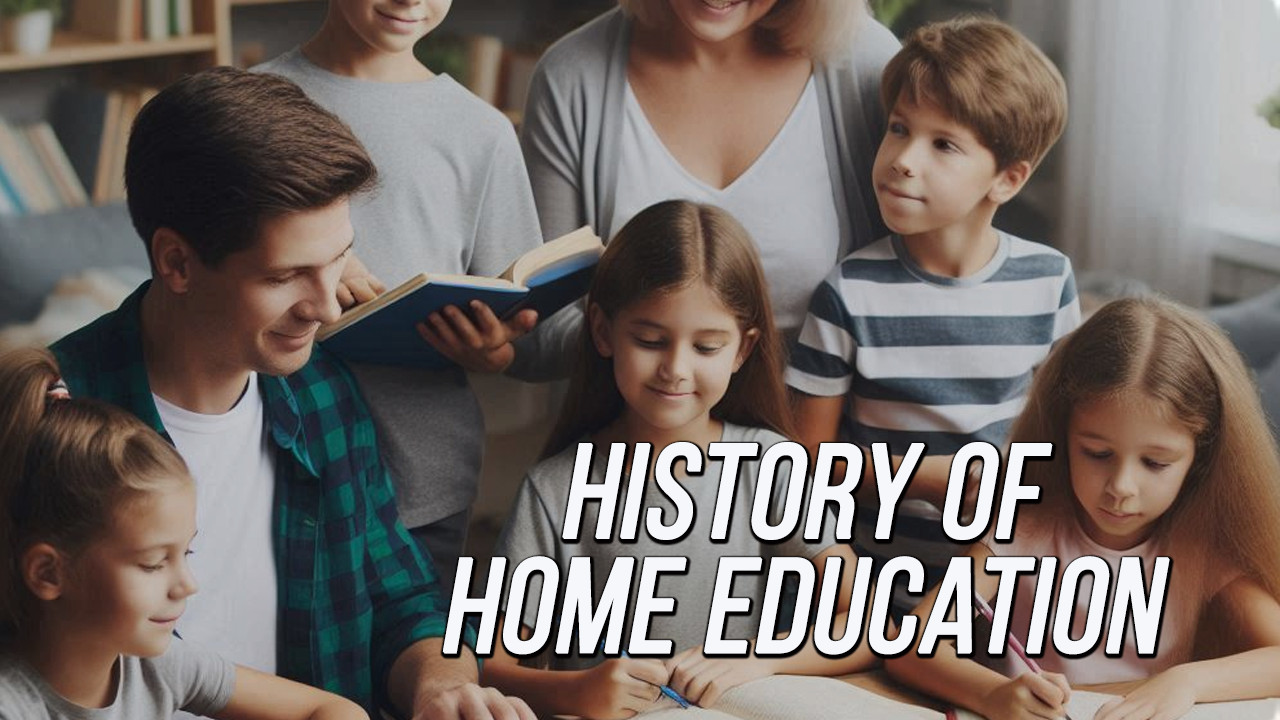
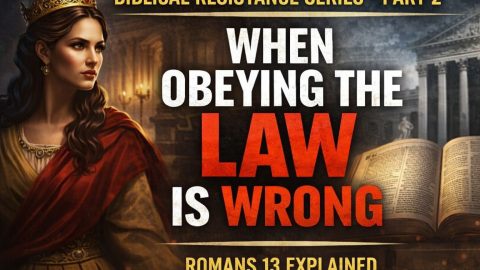
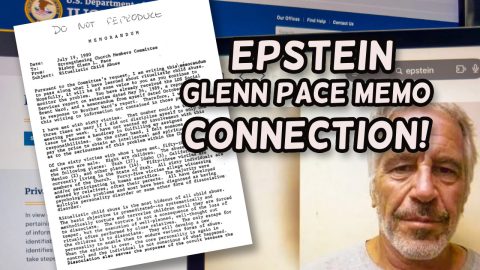
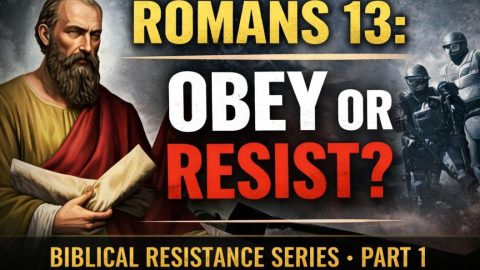
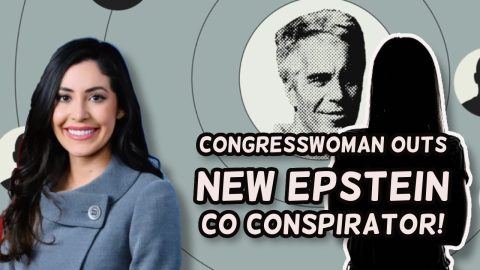
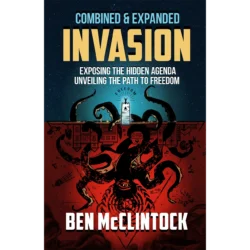


2 Responses
I am a senior and a grandmother. I homeschooled my four children in the 1980-1990s, after taking them out of a Baptist school first. We lived in Rockford IL at that time. Surprisingly, IL allowed homeschooling at the time. We did not have to report anything to the state. That may be because we were already off their records and in a private school. And yes, we were unusual, pioneers. No one else in the Church was doing it. That was a long time ago. I don’t know how IL is currently. I currently live in Utah. Presently three of my children are homeschooling–One in Utah, one in Washington state, and one in Massachusetts. As far as I’m concerned, Homeschooling is the only way we can save our Judeo-Christian culture and freedom for future generations.
That’s so awesome! So satisfying to see it pay off on the next generation as well. Getting out of government school is one of the most important aspects of fixing our current situation.